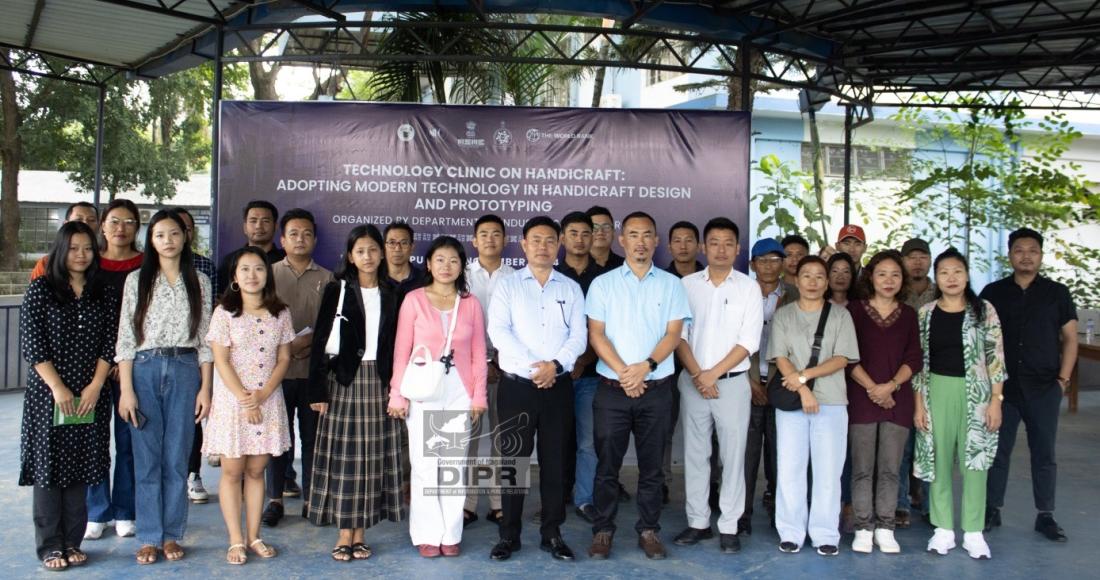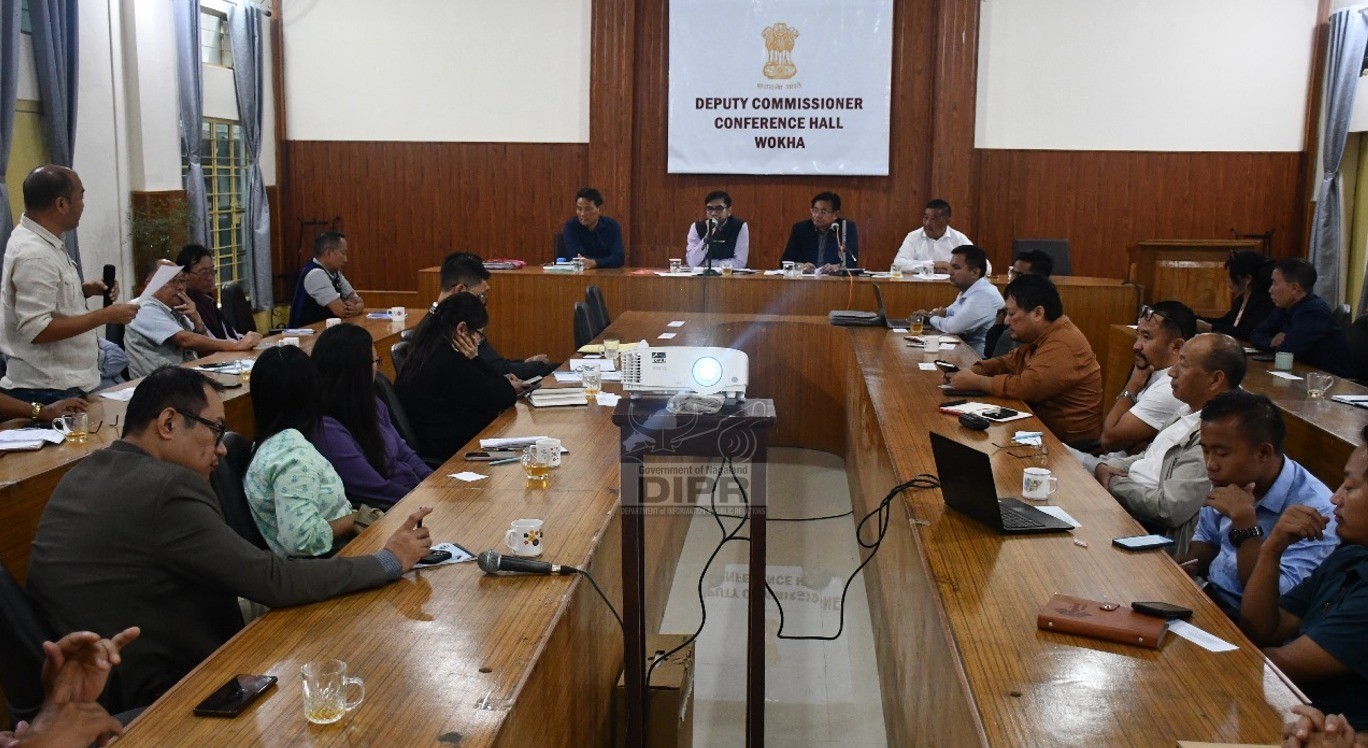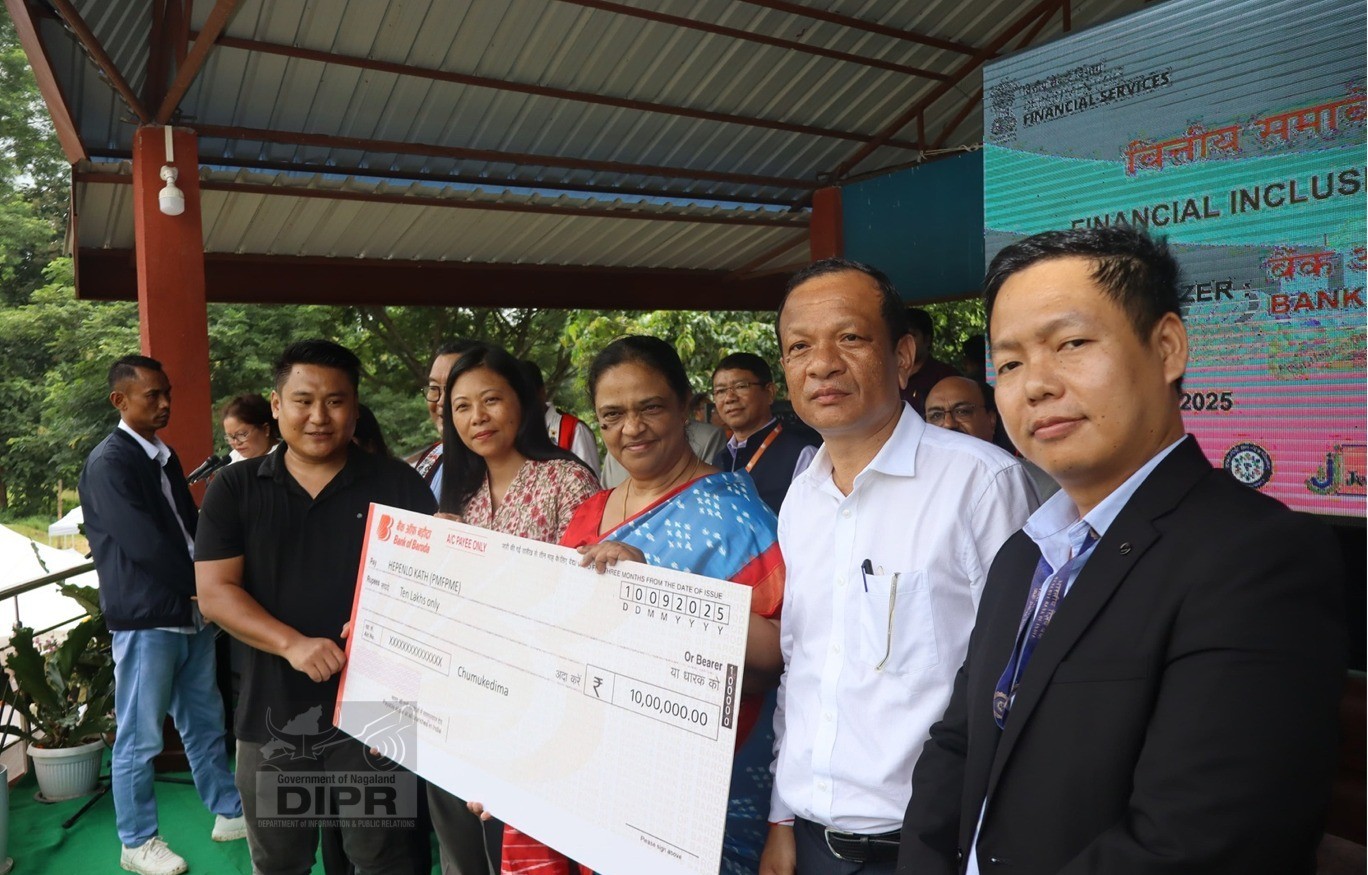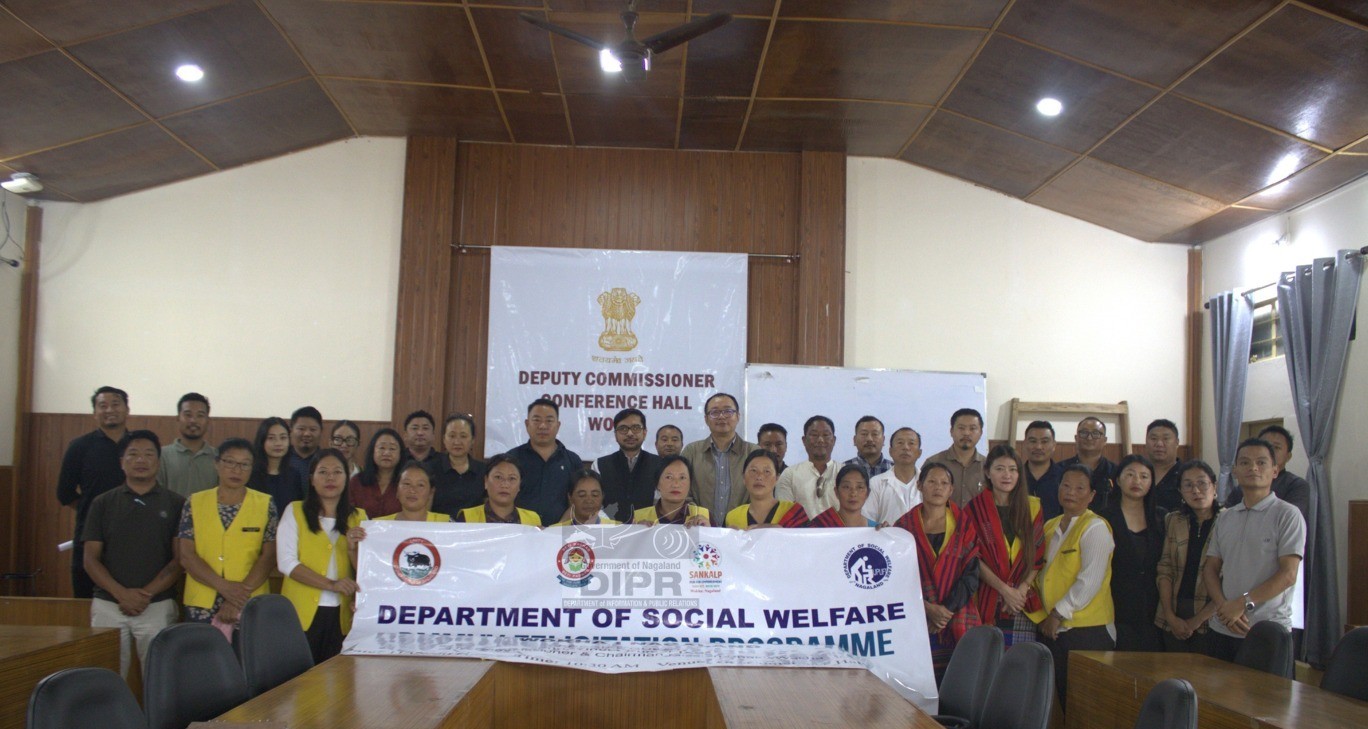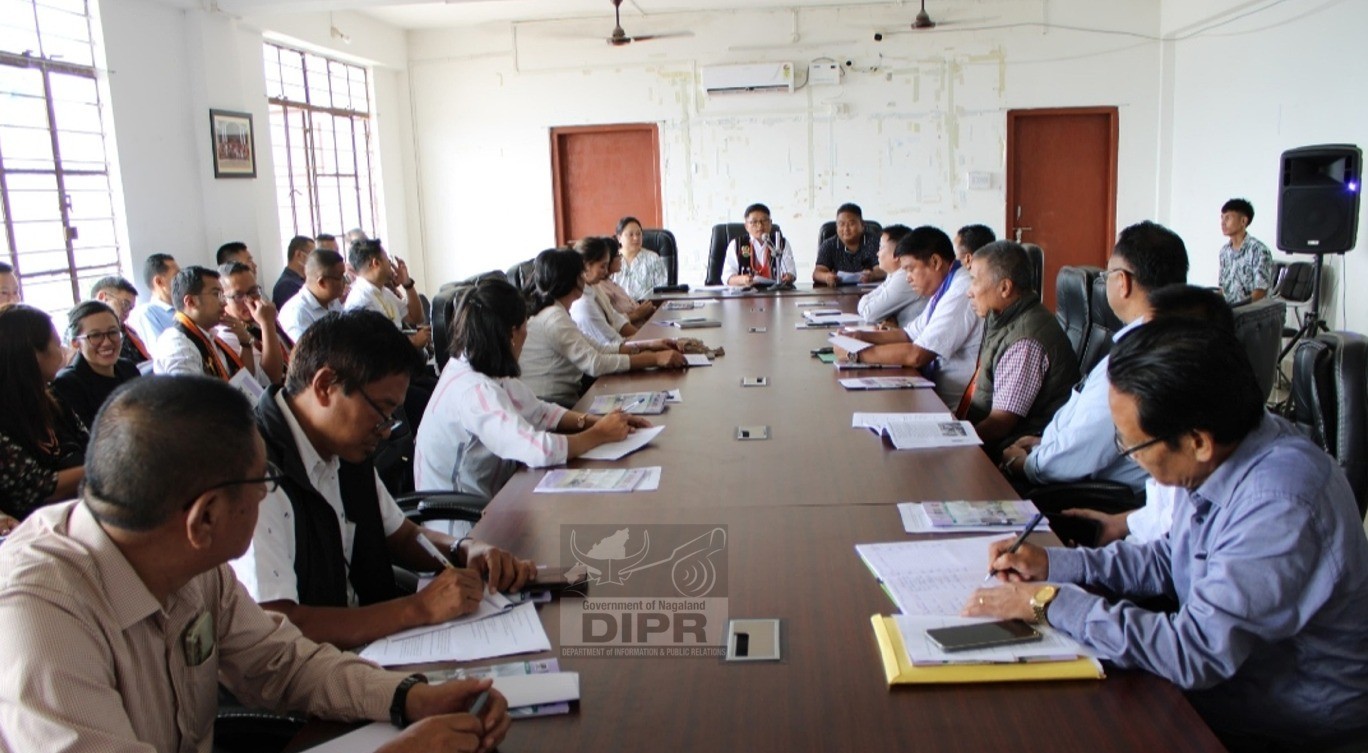The Department of Industries and Commerce, in collaboration with the Nagaland Industrial Development Corporation (NIDC), successfully organized the first Technology Clinic for the Handicraft Sector under the Raising and Accelerating MSME Performances (RAMP) Scheme with Joint Director, Industries & Commerce, K. Francis Hekavi as the Special Guest on 5th November 2024 at NIELIT Dimapur.
The inaugural session of the event was chaired by Tzudir Jamir, Deputy Manager at NIDC.
K. Francis Hekavi, Joint Director, Industries & Commerce in his address highlighted the growing vibrancy of Nagaland's MSME ecosystem, noting that while it remains modest, it is both resilient and full of promise. He emphasized the remarkable innovation and determination displayed by emerging entrepreneurs in the handicraft sector. However, he also underscored the importance of leveraging technology to remain competitive and overcome challenges as the sector continues to expand. He encouraged participants to utilize such opportunities to enhance their skills in automated production and to deepen their expertise in modern techniques for handicraft development.
The Technology Clinic featured hands-on sessions designed to expose participants to cutting- edge tools and techniques. These sessions were supported by the technical team from NIELIT, Dimapur. Overall, 3 Clinics were held which was Clinic 1: Adopting CAD/CAM technology design tools for prototype development. Clinic 2: Exploration of CNC machine. Clinic 3: 3D printer for efficient and innovative production. The resource person for the day Tarep Longkumer, CFC Manager at NIELIT Dimapur delivered an insightful session on the "Overview of Modern Technology and Techniques in Handicraft Design and Prototyping". He provided participants with in-depth guidance on how to integrate advanced technologies like Computer Aided Design/Computer Aided Manufacturing (CAD/CAM), Computer Numerical Control (CNC) machines, and 3D printing into their handicraft production processes to create innovative products.
Throughout the day, participants were given practical exposure to software tools and technologies that are transforming the handicraft industry. By using CAD/CAM tools, they learned to design intricate patterns and prototypes, while CNC machines and 3D printers offered hands-on demonstrations of how these technologies can streamline and innovated product development.
The RAMP scheme, a World Bank-supported initiative under the Government of India, is aimed at strengthening MSMEs by improving their access to markets, credit, and capacity- building resources. The scheme is particularly timely, offering much-needed support to MSMEs in Nagaland as they recover from the challenges of the COVID-19 pandemic. It provides entrepreneurs and businesses with the tools and resources to thrive in an increasingly digital and competitive economic landscape.
The Technology Clinics under the RAMP program are organized with the expertise of faculty members and technocrats from esteemed institutions, with the goal of equipping MSME owners and entrepreneurs with the knowledge and skills necessary to modernize their businesses. These clinics serve as vital platforms for addressing technical challenges and driving the technological transformation of existing MSME units across the state.
(DIPR)


